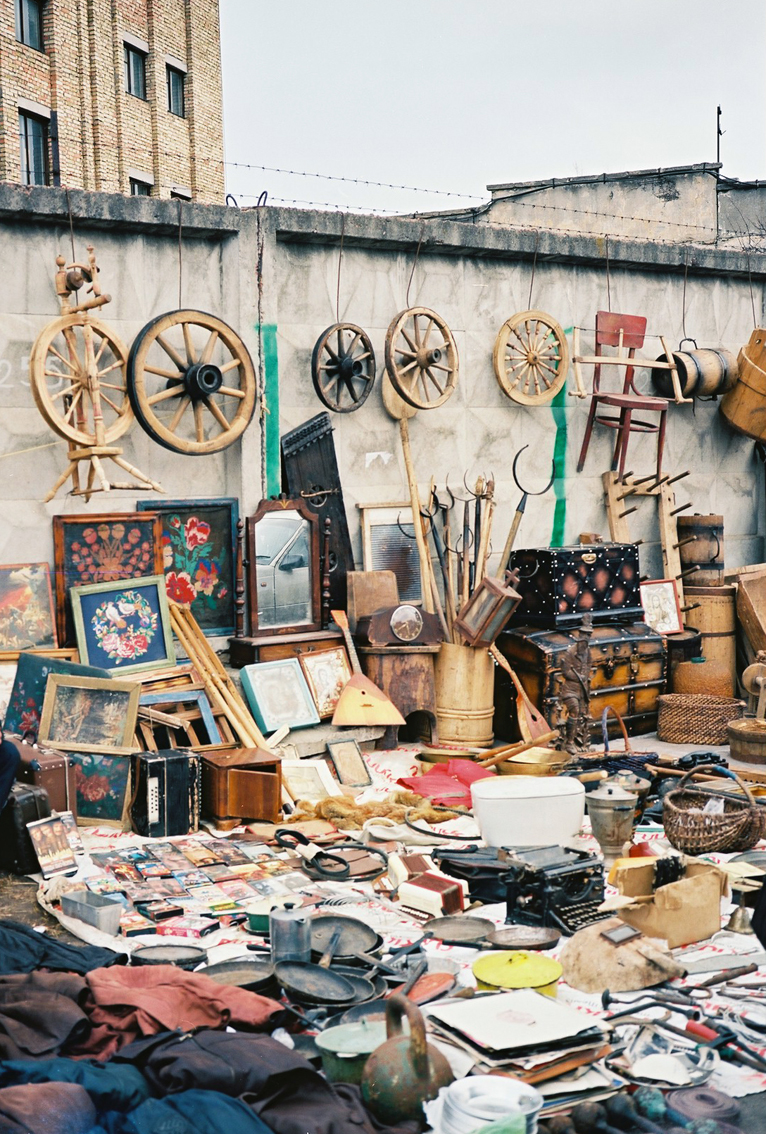Hryniewicz-Yarbrough translates many pieces of Polish poetry that have been published in works like The New Yorker. She has also translated full length novels and even published her own works in various publications. Her past accounts have put a pathetic appeal in her essay; she relates the worth of possessions to the passing of her grandmother. When looking at her grandmother's past possessions, she only keeps a paperweight and a few photographs. She writes, "Was the paperweight really an object that was full of memories for me? Not really... it wasn't like those things that overwhelm us with nostalgia when we hold them or look at them." This experience highlights her point that items attain value when they are filled with memories.
Meant for an audience who are interested in nostalgic, personal stories, "Objects of Affection" meets its purpose because there are many emotion-filled examples of the sentimentality of valuables. In addition to her grandmother's items, Hryniewicz-Yarbrough also writes about a short story called "The Man with the Package." The story tells of a Jew who walks to his death with his valuables: a pair of boots, a spoon, and a knife. Since these items seem trivial, Hryniewicz-Yarbrough's students found the Jew's behavior odd. She finishes her essay by writing, "They hadn't yet learned that objects help us exorcise some of our fears...they give us a semblance of permanence and grant a stay against chaos, darkness, oblivion."
Mute Witnesses
Ewa Hryniewicz-Yarbrough writes about the times she spent at the flea markets in Kraków. Since these objects hail from a country with such a rich history, it is as if they are mute witnesses to human life.
(Source: http://file-magazine.com/citylikeyou/flea-market)

No comments:
Post a Comment